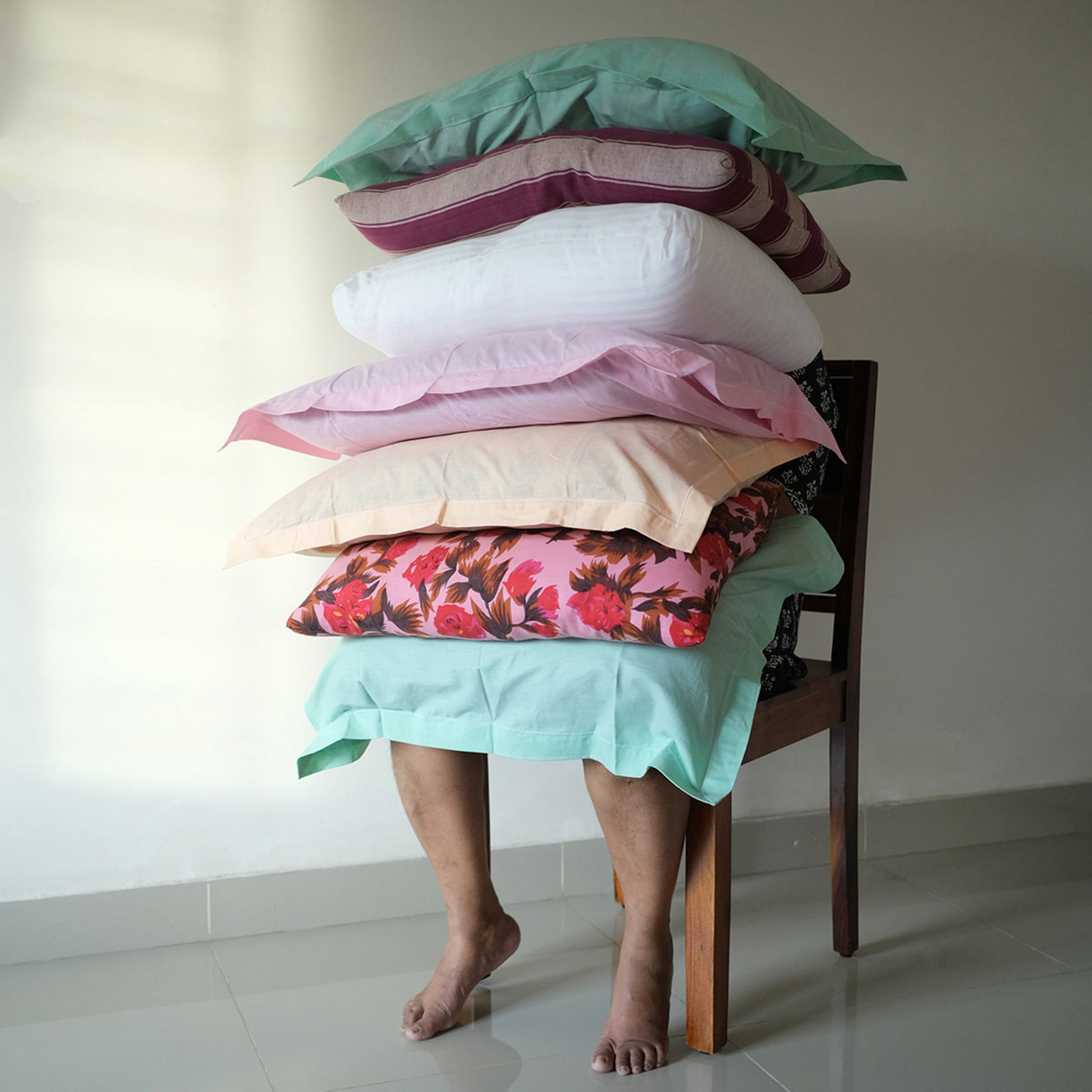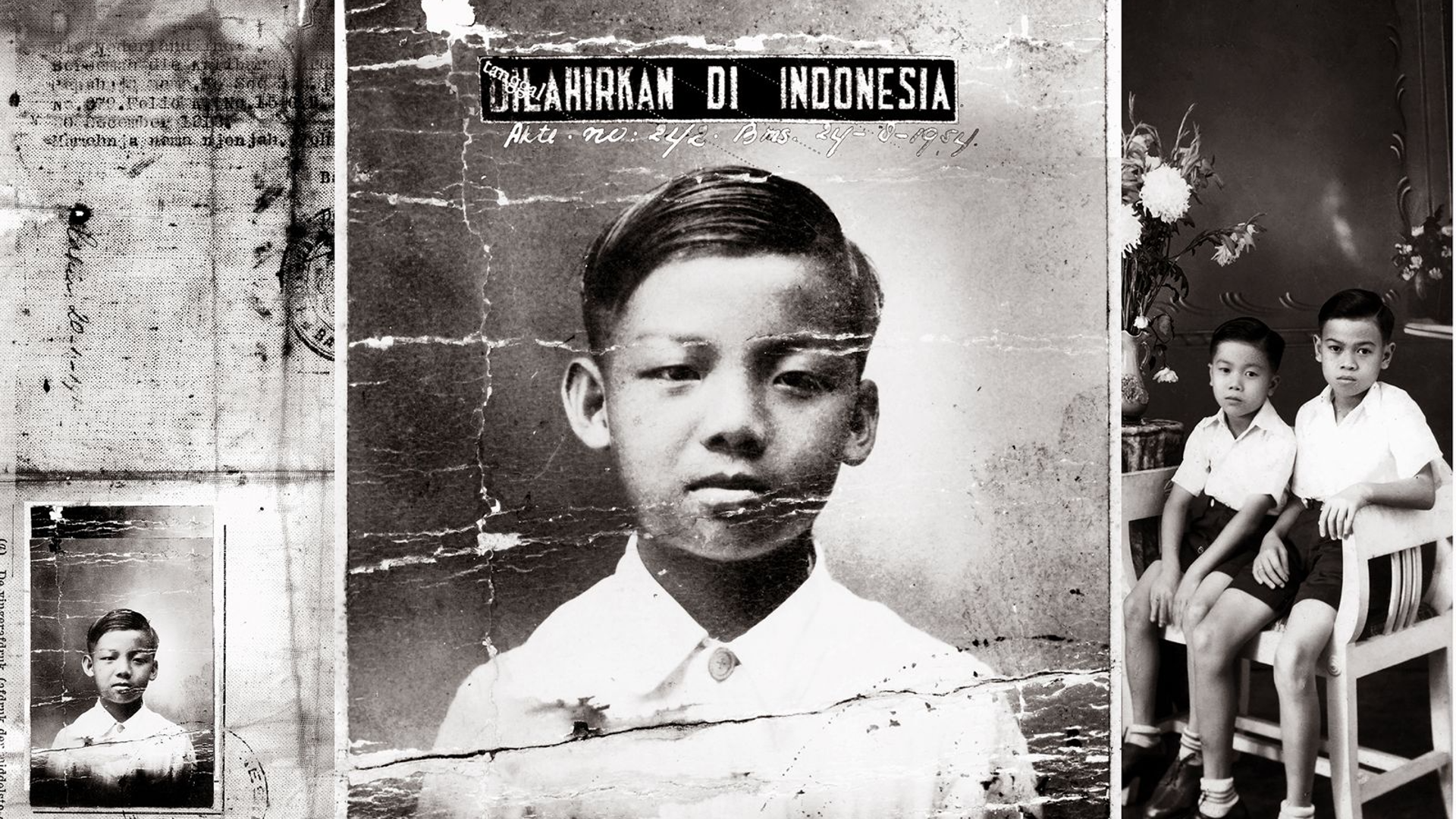After eight years of living apart, Riti Sengupta moved in with her parents at the onset of the pandemic. Upon her return, she was confronted by the ease with which her family’s dynamic was animated by patriarchal structures, articulated through everyday domesticities. Things I Can’t Say Out Loud is an intergenerational dialogue between the artist and her mother, through which they excavate their identities as women within the family home.
In reckoning with the convenient acceptance of her mother’s position within their home, Sengupta began what she calls “kitchen conversations.” She combed through the family archive with her mother, and listened to stories of women who had come before her. The contrast between the lives they led before they became mothers and wives, and after, was stark—Sengupta saw how her own mother’s personhood was diminished under the weight of household expectations. Despite being a record of time, the archive never revealed this dichotomy. Why are family albums so often excluding these aspects of domesticity?
Propelled by this absence, Sengupta attempts to give shape to the intangible oppressions that live in the interstices of the daily realities of women. Patriarchy exists here in subtle gestures of the everyday—in the domestic load that is imposed on them as wives, mothers and daughters or in the desire to romanticise the role of the woman as the unconditional giver. The myth of the middle-class idyllic family setup rests on the invisibilization of many kinds of labour. It is in the service of this erasure that she is expected to exercise constraint at all times. The conversations between mother and daughter turn into collaborative performances, through which both women reflect on their own realities. Using a language that is buoyant, they respond to the larger politics of family, marriage, and the domestic household.
– Tanvi Mishra, Curator/Writer










